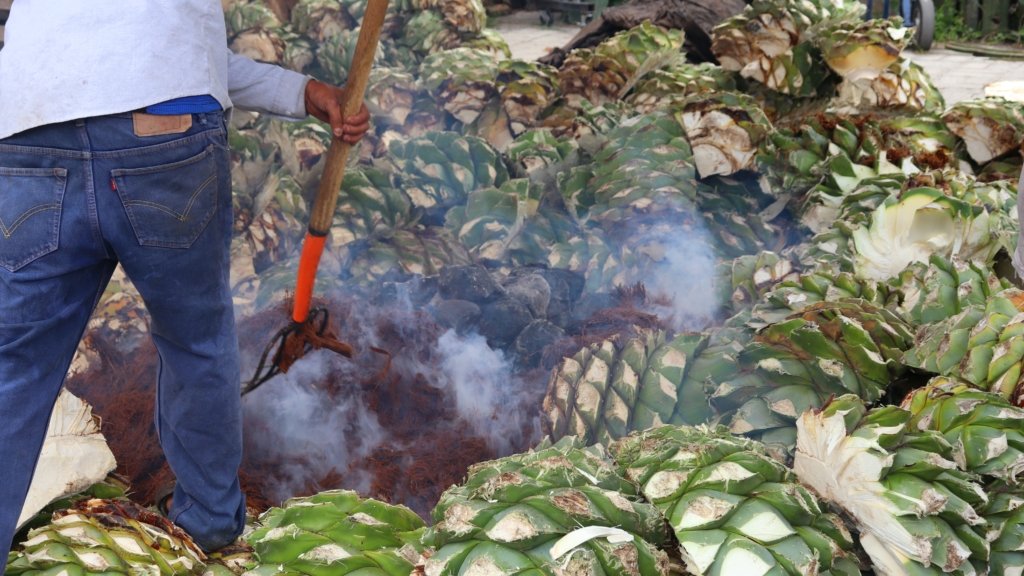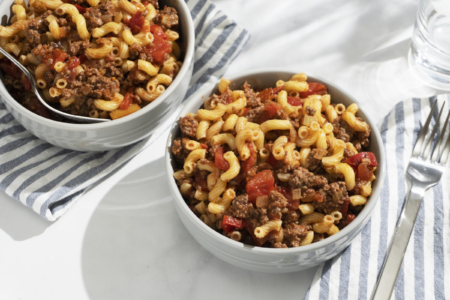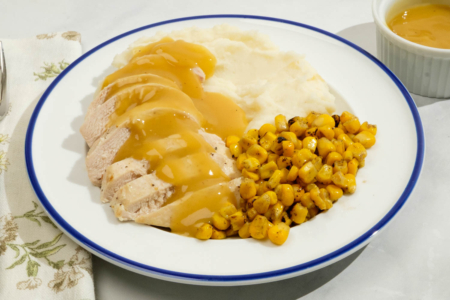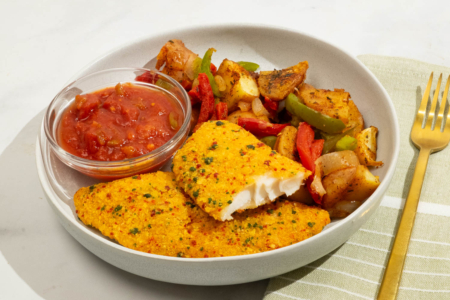Smoky, vegetal, and smooth, mezcal is a unique spirit worth adding to your bar. The process of making mezcal is time consuming and complex. Like tequila, mezcal is made with the ripe heart of the agave plant which takes 7 to 15 years to mature. The agave is roasted, crushed, fermented with water, and then distilled. The roasting step is what gives the mezcal its characteristic smokiness. After distillation the mezcal can be bottled and sold (this unaged mezcal is labeled joven or young), or the mezcal can be aged for anywhere from 1 month to 4 years.

Mezcal can be made with many different types of agaves (unlike tequila which is only made with blue agave), which makes the flavor of the finished product unique and distinctive. Fruits and herbs can also be added to the mash during the distillation process, providing further layers of flavor and complexity. The majority of mezcal comes from small-scale producers who utilize production methods that have been in place for hundreds of years. These myriad ingredients and production methods mean there is a near limitless variety of mezcal.
Mezcal is made throughout Mexico, but is predominantly produced in Oaxaca where it accounts for 90% of mezcal in the country. Japan and the United States are the two largest importers of mezcal. Given mezcal’s rise in popularity, it can be found in most major liquor stores throughout the country. There is considerable variation in the types of mezcal found in different parts of the United States with different importers carrying different varieties. Mezcal is exciting because there are so many different flavors ranging from grassy to floral to oily to sweet. Pick up a bottle or two next time you’re out and enjoy exploring the wide and wondrous world of mezcal.
Feature Image: yayo davila on Unsplash



